At a time when many cultural forces continue to stand in the way of women pursuing careers in the science and technology fields, Dr. Shabana Amanda Ali is proving to be a great role model for young female scientists. A self-professed “Multidimensional Student of Life” her work speaks volumes of her level of commitment to the field of research science. After witnessing the decline of her grandmother’s health due to osteoarthritis, Dr. Ali decided to dedicate her career to finding a solution for the debilitating disease. GGR caught up with the busy doctor to answer a few questions about her background, passion for research, and the significant contribution that she’s making to the STEM field.
![]() Where in Guyana did you grow up?
Where in Guyana did you grow up?
My family moved to Canada from Guyana when I was the age of two. I have since been back to Guyana twice, where we still have relatives and the house where my Dad was raised.
Where do you currently reside?
Toronto, Ontario, Canada
What is your educational background?
I completed an Honours Bachelor of Science degree at the University of Toronto in 2007. I then pursued a PhD in Medical Science, also at the University of Toronto. After completing my PhD in 2014, I completed my first Postdoctoral Fellowship at Western University in London, Ontario, Canada. I am currently pursuing a second Postdoctoral Fellowship at the University Health Network in Toronto.
![]() You consider yourself to be a “Multidimensional Student of Life.” Tell us a little bit about your research project.
You consider yourself to be a “Multidimensional Student of Life.” Tell us a little bit about your research project.
I am a scientist pursuing research in arthritis, a degenerative disease of the joints that causes pain and disability. My approach to research is unique since I have a background in both basic science (analyzing genetically modified mice) and applied research (conducting interviews with arthritis patients). I have dedicated the past 10 years of my career to discovering the underlying causes and potential treatments for osteoarthritis.
What made you want to pursue a career in scientific research?
I have always been passionate about pursuing knowledge. My parents fondly tell the story of when I was in kindergarten and complained that there was too much play time and not enough reading and writing. A career in research has allowed me to maintain this persistent quest for knowledge. I am excited to go to work each day knowing that I will learn something new, that I’m surrounding by extremely talented people, and that my research might improve the care of arthritis patients.
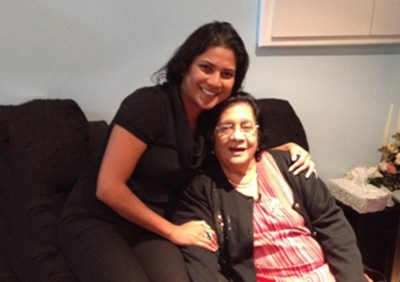
What would you say most motivates you to do what you do?
I chose to focus my research on arthritis because I watched the toll this disease took on my grandmother. Suffering from arthritis for over 40 years now, she has lost much of her function and independence. Unfortunately there is no cure for osteoarthritis and this truly motivates me to do what I do – improve the way in which arthritis care is delivered in order to prevent others from having to go through what my grandmother goes through daily.
What would you say is your biggest accomplishment?
Others would say that my biggest accomplishment was earning my PhD, and while that was a pretty significant accomplishment, I think that my biggest accomplishment was successfully completing the Tough Mudder mud run. This is an 18-kilometer obstacle course designed by British Special Forces to challenge your mental and physical abilities, and very few women participate. I am very proud that I trained hard for this run, did not skip an obstacle, and crossed the finish line alongside my brother and our all-male team, earning the bright orange head band.
Have you received any awards or honors for your work?
I have received multiple awards over the course of my studies, including the Canadian Institutes of Health Research Kirkley Postdoctoral Fellowship in Musculoskeletal Health Research and Innovation in 2015 at Western University. I have received over $100,000 in competitive awards and scholarship support for my research over the past 10 years.
What might (someone) be surprised to know about you?
Although others perceive me as friendly and outgoing, I am a very introverted person and find it difficult to make friends and be in social settings. I have a small circle of good friends that I value much more than being popular with everyone.
What are the most important lessons you’ve learned in life?
Happiness is created, not found. Gratitude is a critical component for leading a happy life, and it’s important to take time to reflect on all the things for which we can be grateful. Too often we focus on the things we want, and fail to value the things we have. Happiness is not an end goal, rather it’s a daily choice, and with this way of thinking, everyone can be happy.
Who are some of your key mentors or people who deeply influenced who you are?
Everyone I’ve met has influenced my life in one way or another, whether they inspired me to be more or less like them. This is among the keys to success, learning from the successes and failures of others. I draw lessons from everyone I meet because their experiences are different than my own and their perspective may offer insight that I had not previously considered. My family had the strongest influence on who I am today – my dad, mom, and younger brother offer constant support and inspiration for me to do better and be better.
![]() Are there any major challenges or obstacles that you’ve overcome?
Are there any major challenges or obstacles that you’ve overcome?
I was the first in my entire extended family, on both sides, to pursue a University degree. There were many decisions I had to make on my own, without guidance or advice from family members. This did result in a few mistakes, but those became sidesteps, still contributing to my overall career path, showing me that I was able to pave a path in uncharted territory. I took the opportunity I had and made the most of it, going on to pursue the highest level of education possible, earning my PhD.
What advice would you give a young girl/woman who wants to pursue a similar career?
I would share with others some truly valuable advice that was once shared with me (by a random older woman sitting at the table beside me in a food court) – don’t be discouraged. When you encounter people (or even your inner voice) telling you that what you’re trying to do can’t be done, use it as motivation to prove them (or yourself) wrong. Work hard, stay focused, and surround yourself with people who inspire you to be your best self. Be positive and collegial with everyone you encounter, because in science as with many careers, your network will help you succeed.
What would you say is the essence of being woman who rocks?
The essence of being a woman who rocks is being a woman who doesn’t think she rocks. Humility is critical because no matter how much you’ve done, someone else has done more, and there’s always room for improvement. As I achieve one goal, I set another goal, so that I am constantly improving.
What’s next for you or what are you most looking forward to?
My long term goal is to have an independent research program with an interdisciplinary focus on arthritis. I plan to use my unique skillset to bridge gaps between basic science and applied research in order to improve translation of research findings from laboratories and clinics into communities. I believe that the breadth of experience I bring to my work, from both my professional and personal life, give me the capability and motivation to achieve this goal.
In addition to her research, Dr. Ali is an active volunteer with the Arthritis Society in Toronto. She also recently authored a scientific article titled: Evaluating the design and reporting of pragmatic trials in osteoarthritis research, published in Rheumatology, Volume 1, Issue 1.
You may follow Dr. Ali’s journey on twitter @Amandality as she continues to make huge strides in her research to find a cure for osteoarthritis.


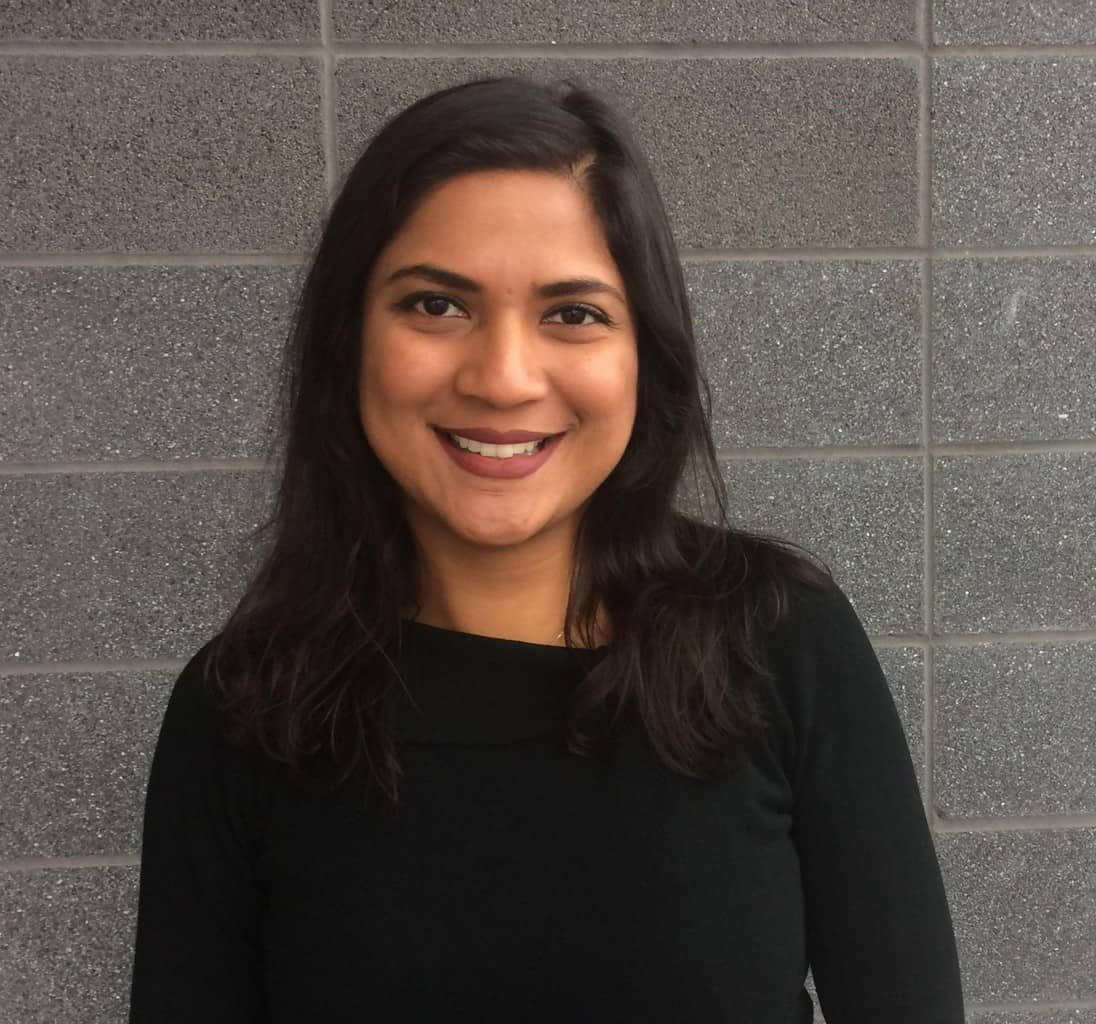 Where in Guyana did you grow up?
Where in Guyana did you grow up?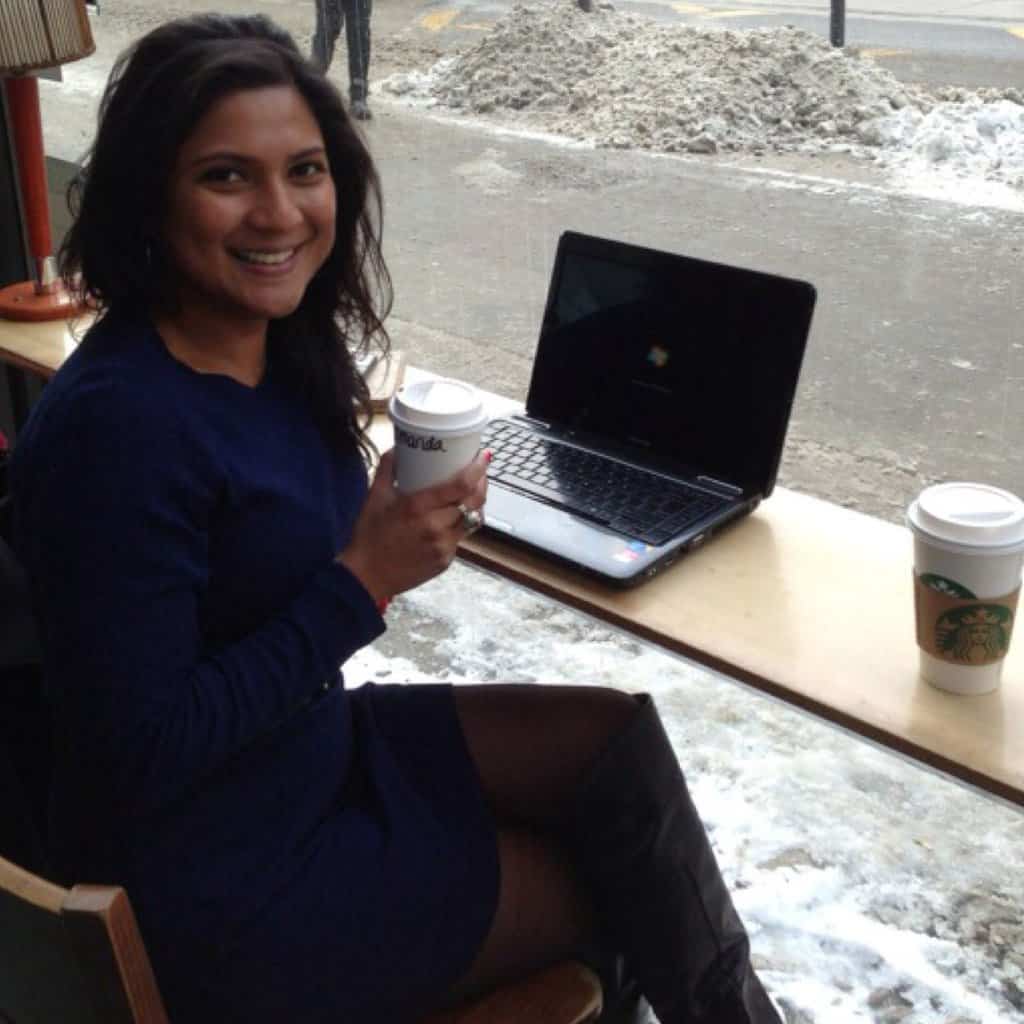 You consider yourself to be a “Multidimensional Student of Life.” Tell us a little bit about your research project.
You consider yourself to be a “Multidimensional Student of Life.” Tell us a little bit about your research project.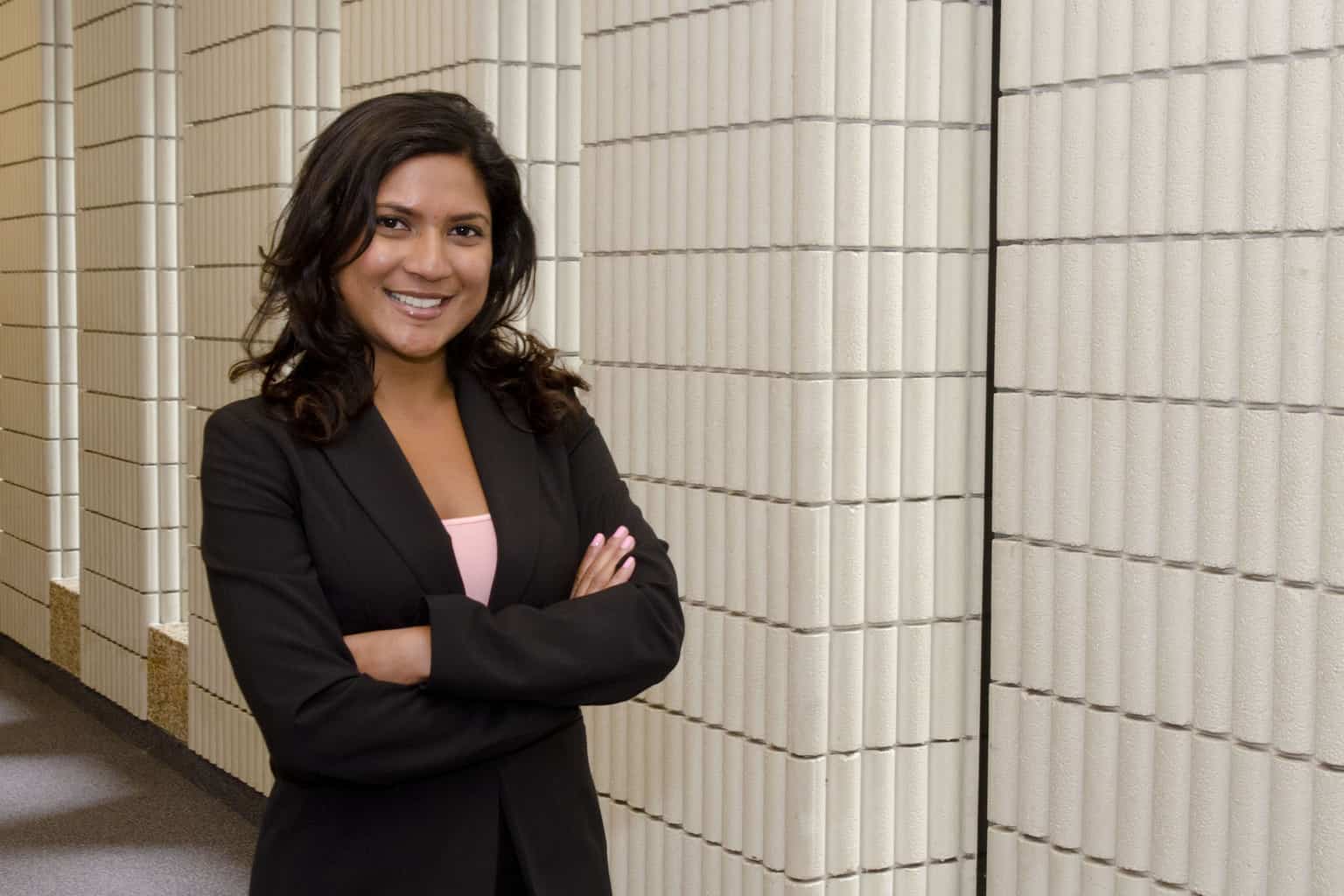 Are there any major challenges or obstacles that you’ve overcome?
Are there any major challenges or obstacles that you’ve overcome? 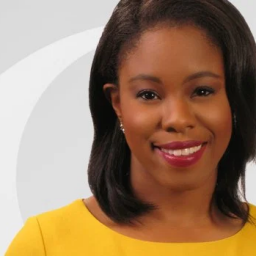


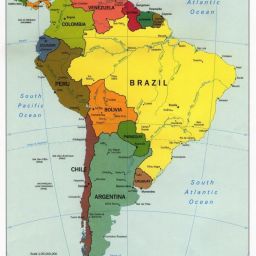
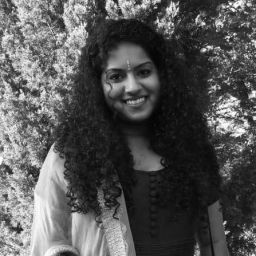
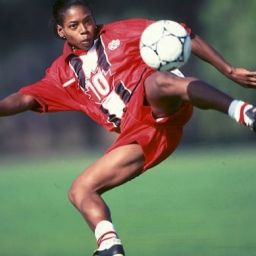
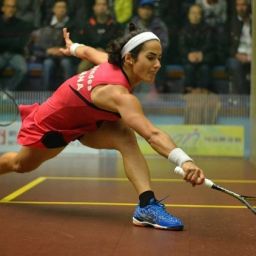
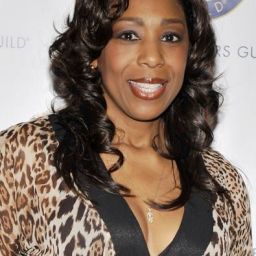
Very nice to see Guyanese women excel. Congrats!